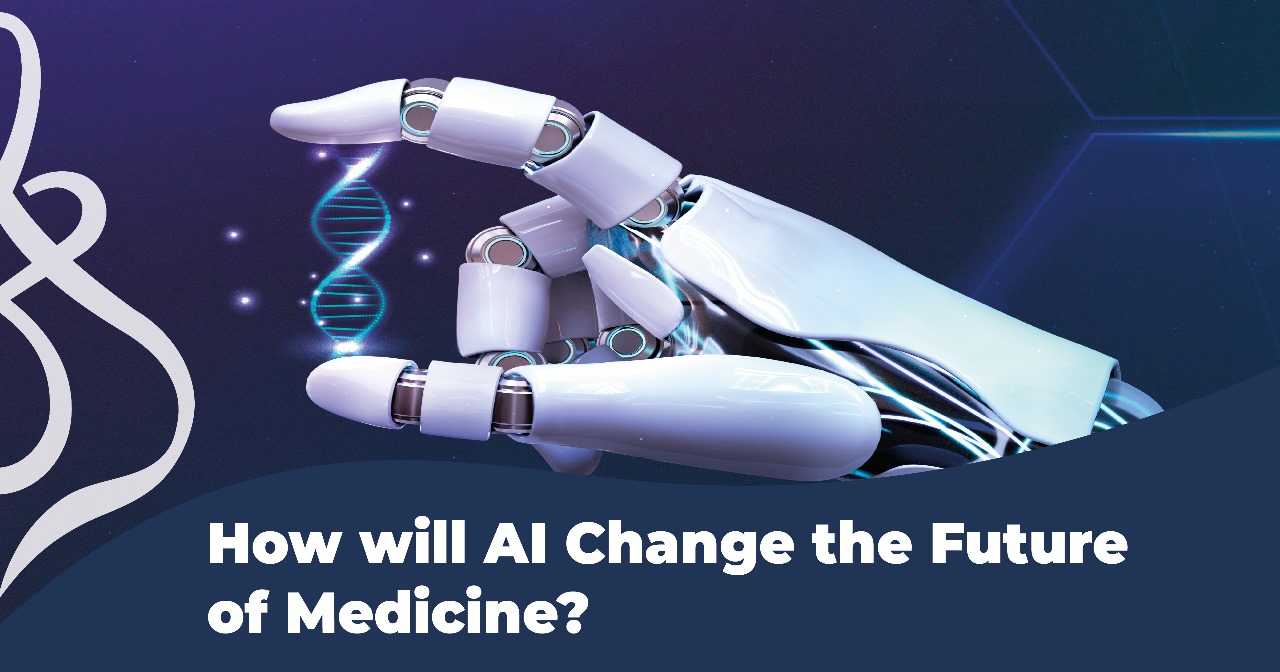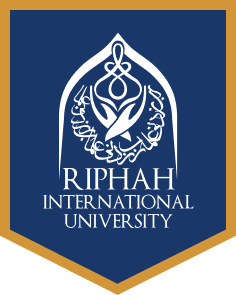
How Will AI Change the Future of Medicine?
Curious about how AI could change the future of medicine? Picture a world where AI predicting illnesses, improving patient care and speeding up drug development. This technology is set to transform healthcare in Pakistan and worldwide. Learn about the exciting future AI brings to medicine and the crucial role for Pharm-D professionals.
Imagine walking into a hospital and being greeted by an AI assistant who not only checks your vital signs but also predicts potential health issues before they become critical. This is not a scene from a movie, it is the reality of the AI healthcare revolution.
In recent years, AI has gained a lot of attention in many fields. The future of AI in medicine promises transformative changes, particularly in countries like Pakistan, where healthcare systems are constantly evolving. This piece explores how AI will change healthcare, especially in Pakistan and highlights the importance of Pharmaceutical Sciences Program for students who wish to pursue it.
Preventive Healthcare: A Game Changer
One of the most remarkable AI-driven medical solutions is the shift toward preventive healthcare. Traditional healthcare has often become active, addressing issues after they arise. However, AI can analyze massive amounts of data to predict potential illnesses before they happen. This is particularly important for chronic diseases such as diabetes and heart conditions, which are common in Pakistan. The early detection and prevention could greatly reduce these diseases.
Personalized Treatment Plans
Another exciting aspect of the AI in healthcare is creating personalized treatment plans. AI can analyze patient data, including genetic information, to make customized treatment plans. For students pursuing a Pharm-D in Pakistan, understanding and using AI tools to improve patient care is important. Professionals of Pharm-D in Islamabad, Lahore, or Malakand will also need to learn how to integrate AI into medication management as their roles change with this technology.
Streamlined Administrative Processes
Aside from clinical applications, AI is set to revolutionize administrative task in healthcare settings. Tasks that take a lot of time and efforts, like patient admissions, diagnosis, prognosis and record keeping, can now be automated. This enhances efficiency and allows healthcare professionals to focus more on patient care. In Pakistan, where administrative burdens can often slow down healthcare delivery, using AI technology can greatly improve service quality.
Enhancing Diagnostic Accuracy
AI tools are rapidly improving diagnostic accuracy. Machine learning models can identify patterns in medical images, like X-rays or MRIs, often more precisely than human practitioners. This is especially helpful in rural areas of Pakistan, where access to specialized medical professionals is limited. Using AI advancements, diagnostic services can become more accessible and accurate. By being proficient in AI-enhanced diagnostics, the students pursuing medical degree programs specifically a Pharm-D degree can significantly contribute to improving patient care and the overall healthcare system.
AI in Drug Development
The process of drug development is lengthy and expensive. AI has the potential to speed up this process significantly by analyzing large amounts of data to find potential drug candidates faster. It also predicts their effectiveness and safety. This capability not only speeds up the creation of new medications but also reduces costs. In this regard, Pharm-D programs that include AI knowledge can prepare students to be leaders in pharmaceutical innovation.
Ethical Considerations and Challenges
While the benefits of AI in medicine are huge, it is important to consider the ethical implications and challenges. Issues like data privacy, the potential for bias in AI algorithms, and the need for continuous oversight are critical. Education programs like Doctor of Pharmacy can help address these concerns by including ethics and AI governance in their courses.
The future of medicine with AI promises a new era of precision, efficiency, and personalized care.
As AI evolves, its impact on fields like pharmacy will be significant. For students pursuing a Pharm-D degree, especially in Pakistan, understanding AI’s role in healthcare is becoming very important. By using AI, future pharmacists can improve their contributions to the medical field, ensuring better patient outcomes and advancing healthcare.
The journey towards an AI-driven future in medicine is just starting, and the potential is limitless. By integrating AI into education and practice, the next generation of healthcare professionals will be well prepared to navigate and shape this exciting future.
